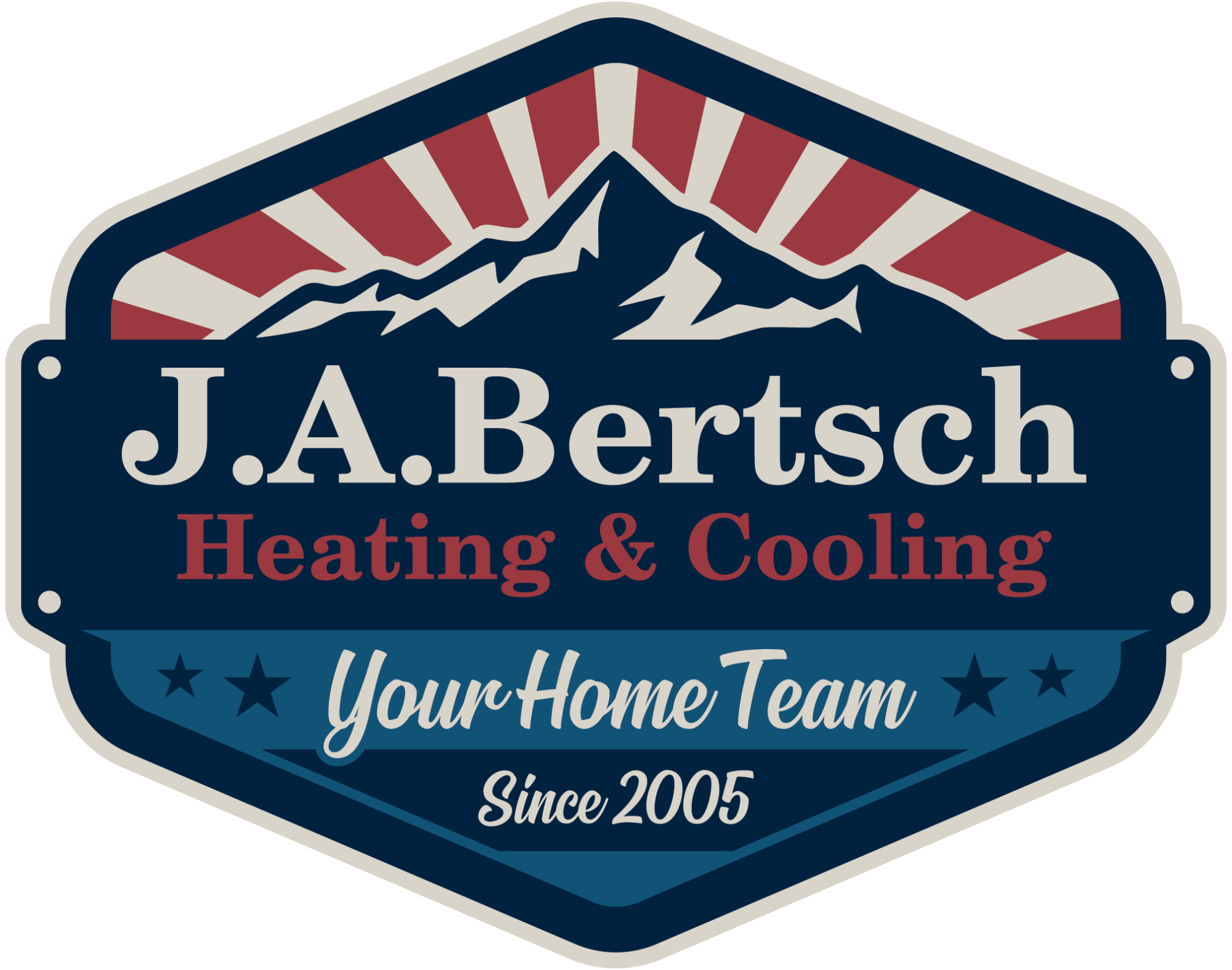Understanding Power Surges
Why would a house have a power surge? It’s a question many homeowners ask after lights suddenly flicker, electronics reset, or worse—appliances get damaged. Power surges can occur unexpectedly and may result in costly repairs or replacements if left unchecked.
What Is a Power Surge?
A power surge is a sudden, brief spike in voltage that travels through your electrical system. While your home is typically designed to handle a specific voltage (usually 120 volts in the U.S.), a surge can send thousands of extra volts into your system. That excessive power can overload outlets, damage electronics, and compromise the safety of your home’s electrical wiring.
Common Power Surge Causes
There are several reasons why a house might experience a power surge:
-
Lightning strikes: One of the most powerful and damaging causes, lightning can send a surge through your electrical system even if it hits nearby.
-
High-powered appliances cycling on and off: Devices like HVAC units, refrigerators, or washing machines can cause small internal surges.
-
Faulty wiring: Aging or improperly installed wiring can make your system vulnerable to irregular voltage spikes.
-
Power grid issues: When the utility company switches grids or restores power after an outage, a surge can travel through your lines.
-
Overloaded circuits or outlets: Plugging too many devices into a single circuit can cause fluctuations and surges, especially in older homes.
If you live in Coeur d’Alene, Post Falls, Sandpoint, Hayden, Rathdrum, or Spirit Lake, these issues may be more common during stormy weather or in neighborhoods with aging electrical infrastructure.
Warning Signs of a Power Surge
Sometimes a surge is obvious, like when your microwave resets or your TV shuts off unexpectedly. But other signs are more subtle:
-
Burn marks around outlets
-
A burning or melted plastic smell
-
Flickering or dimming lights
-
Devices that suddenly stop working
If you’ve noticed any of these symptoms, it may be time for a professional electrical inspection.
How to Protect Your Home from Power Surges
While you can’t always prevent external surges, there are several steps you can take to reduce damage:
-
Install a whole-home surge protector: This device sits at your main panel and stops surges before they reach your home’s wiring.
-
Use power strips with surge protection: These are great for computers, TVs, and other sensitive electronics.
-
Avoid overloading outlets: Use dedicated circuits for high-demand appliances.
-
Have your wiring checked: If your home still uses knob and tube wiring or hasn’t been updated in decades, it may be time for a rewiring upgrade.
For homeowners in Athol, Harrison, and Dalton Gardens, our team offers personalized recommendations to improve home safety and efficiency.
Trust Local Experts to Keep Your Power Safe
At J.A. Bertsch Heating, Cooling & Electrical, we understand how disruptive and dangerous power surges can be. That’s why we provide comprehensive electrical services—from panel upgrades to whole-home surge protection—to safeguard your family and your investment.
FAQs
What does a power surge do?
A power surge sends a sudden spike of voltage through your home’s electrical system. This excess electricity can overload circuits, damage appliances and electronics, and even cause internal damage to your HVAC system or electrical panel. Over time, repeated surges can shorten the lifespan of your devices and create hidden safety hazards.
How do you tell if you had a power surge?
Common signs of a power surge include flickering lights, devices unexpectedly shutting off or resetting, tripped circuit breakers, or a burnt smell coming from outlets. Electronics that stop working or display error messages may also indicate they’ve been affected by a surge.
What to do if you get a power surge?
First, unplug any affected electronics and appliances to prevent further damage. Then, check your breaker panel for any tripped circuits. If you notice repeated issues, consider scheduling a professional electrical inspection to evaluate the safety of your wiring and determine if surge protection is needed.
Is my house safe after a power surge?
It depends on the severity of the surge and the condition of your wiring. While minor surges may not leave visible damage, they can weaken internal components over time. If you’ve had a strong surge or repeated smaller ones, it’s smart to have your system inspected by a licensed electrician to ensure your home remains safe.
How do you detect power surges in your home?
In addition to visual signs like burnt outlets or damaged electronics, you can install whole-home surge protectors or plug-in surge detectors that monitor your voltage levels. A qualified electrician can also use specialized tools to diagnose surge-related issues during a full electrical system inspection.
Protect Your Home Today
Don’t wait until a surge causes permanent damage. Contact J.A. Bertsch Heating, Cooling & Electrical for trusted electrical service throughout North Idaho. Our licensed electricians proudly serve Coeur d’Alene, Post Falls, St Maries, Blanchard, Worley, and Plummer with top-quality electrical solutions that keep your home safe and powered.
Schedule electrical service today or learn more about our electrical expertise.
